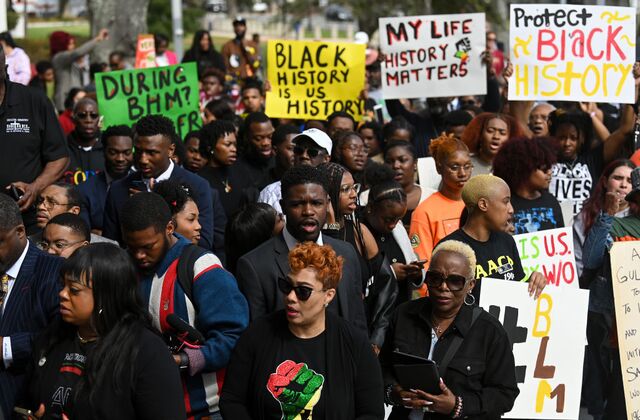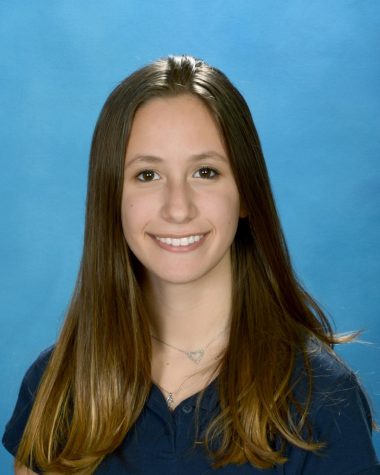As I sat in the Becker Theatre last year, listening to teachers pitch their new classes, I was unphased. I already had my selection of courses picked out in my head, and I had no intention of switching them. Then Treasure Almaraz approached the microphone and spoke on her new course offering for the 2023-2024 school year: African American Studies Advanced. My ears perked up immediately at the sound of this unique and interesting course. A few weeks later, I typed African American Studies as my first choice class in social studies courses for my senior year.
This new AP course has been controversial among many American educators, schools, and governmental powers, as many protested that racial theory disallows freedom of education and speech in classrooms. The state of Florida banned the course entirely from public schools, with Governor Ron Desantis arguing that the topics included in the course are attempts to use Black History as a “political weapon.” I recall hearing all this negative outcry on the news, even before its introduction to Emery, and being insanely confused as to the reason for its controversy. In my eyes, the teaching of Black History is not a tactic to weaponize racism for a political objective, but rather, an essential step in understanding American racism both in the past and today.
On our first day of school, we talked as a class about this nuanced topic of Black History’s place in education. We discussed the importance of being able to take this course when so many people are restricted from even learning about the subject. We were aware that the education and knowledge we would be getting from this small class of 12 would be irreplaceable.
Throughout the semester, we discussed countless topics revolving around racism and human rights nationally and internationally, and in this the nuances of history and human impulses as it relates to systematic and social oppression. We thought hard about what we could do to ease the complex issue of modern American racism. I have never engaged in such lively discussions as I did within African American Studies.
The original length of the course, as planned by College Board, is a whole year, while the length of our course at Emery was only a semester long. This time crunch was brutal, as we wanted to delve deeper into specific topics, but we could not based on time restraints. We only covered part of our course topics, learning history before the early 20th century, while we were expecting to get up to the modern day. However, after a trip through the Deep South, I took during my junior year at Emery, I feel I have an adequate understanding of the Civil Rights Movement and modern racism. So, I am grateful for the time spent on the events before the 1960s, as I was less familiar with them.
This course was an incredible experience that allowed me to expand my knowledge in ways not possible without it. I hope this course, both at Emery and globally, will continue to be introduced into educational campuses, as the topics discussed within are not only interesting but vital to understanding the history of racism and how to make this world a more equal place.







